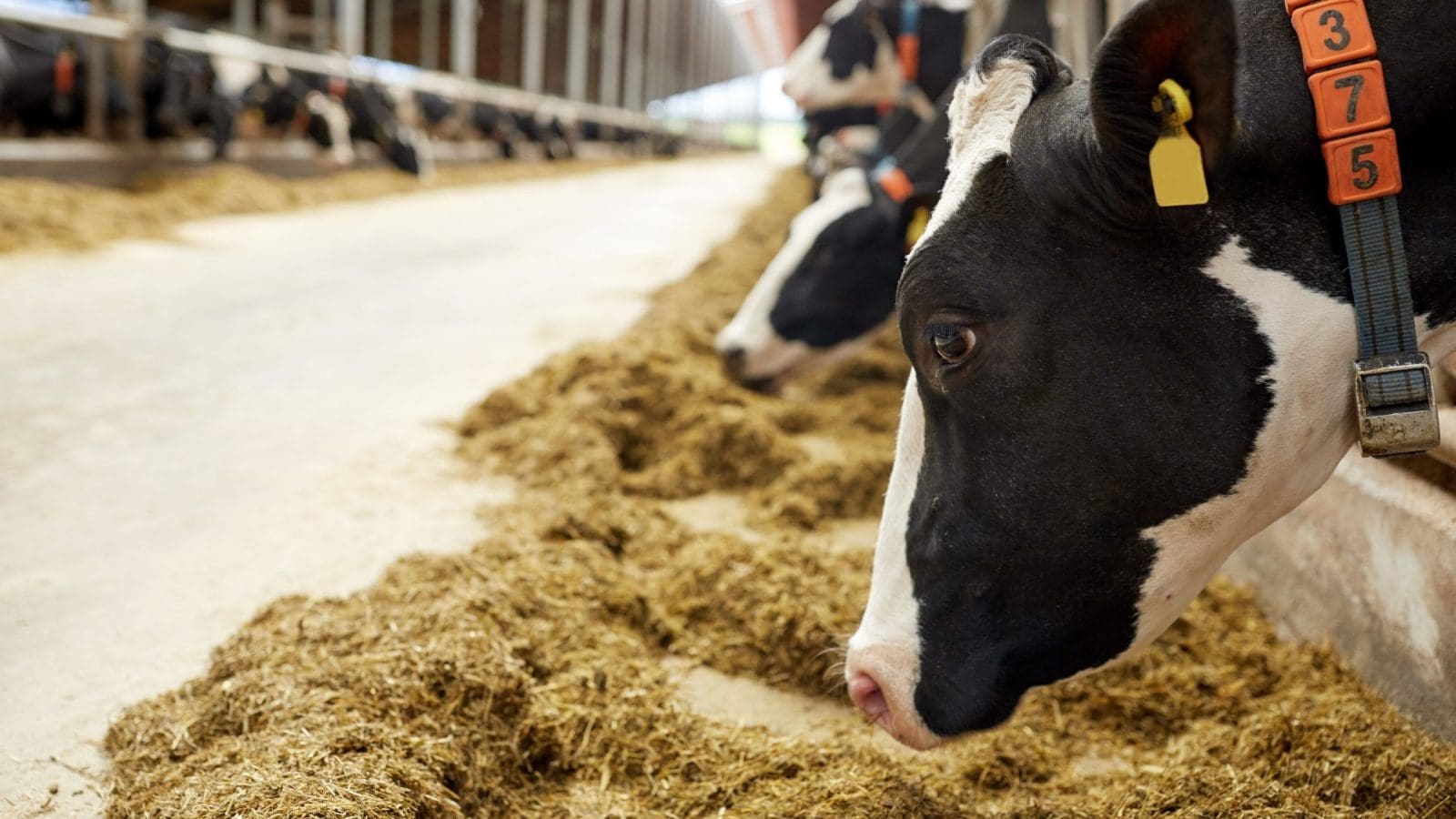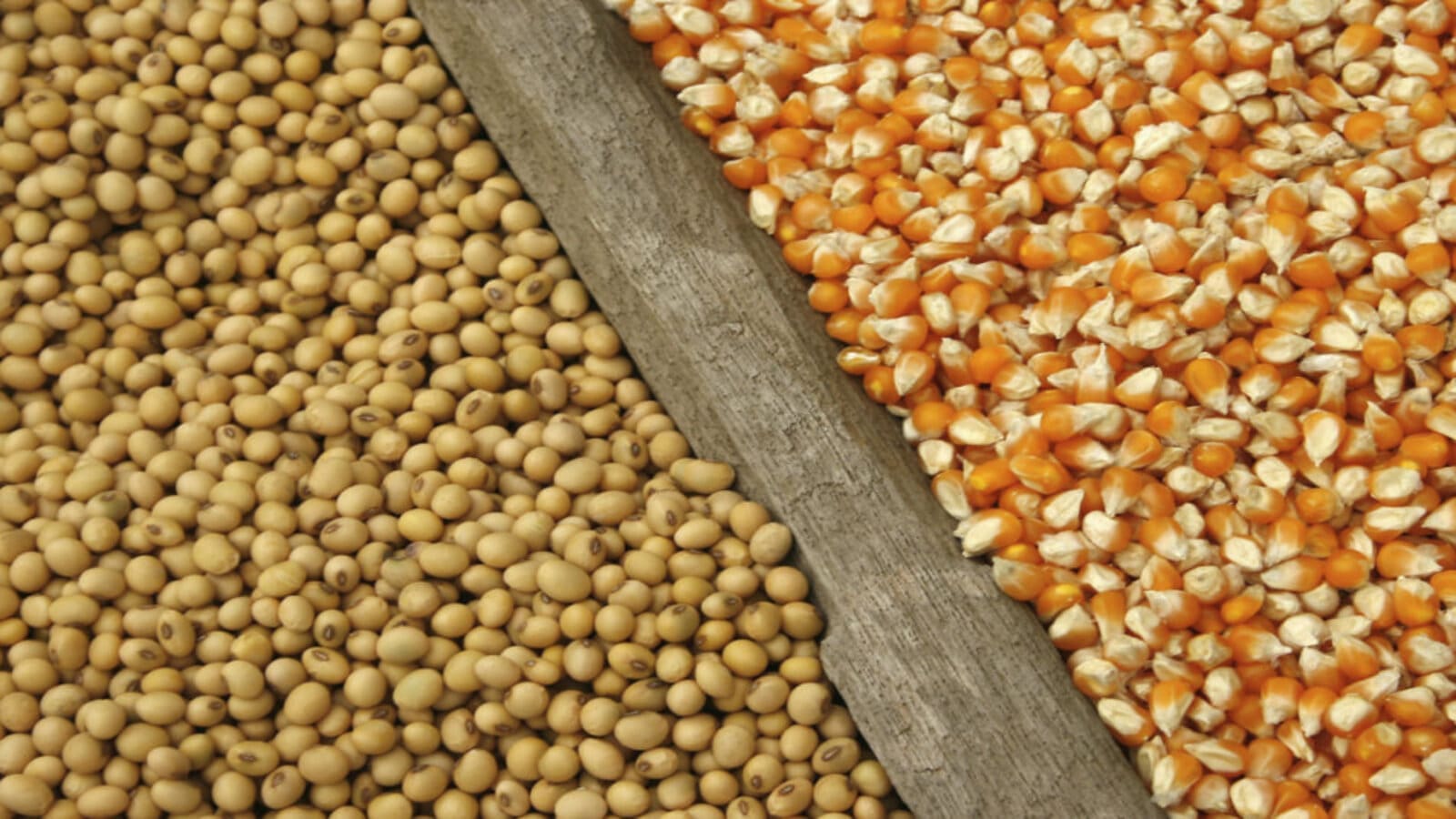EGYPT – Egypt has given notice that it will withdraw from the Multinational Grains Trade Convention (GTC), a UN grain treaty that seeks to enhance world food security by securing the freest possible for international trade in grains.
GTC is governed by the International Grains Council (IGC) which is an intergovernmental organization based in the UK that seeks to contribute to grain market stability and to enhance world food security.
Egypt plans to exit from the convection, which it joined at it’s inception in 1995 and has been a member of its governing council since 1949, by the end of June 2023.
Egypt Independent citing former advisor to Minister of Supply and Internal Trade Nader Nour-Eddin, noted that the country’s withdrawal from the GTC was in protest over its inability to control the grain market.
Abdel Ghaffar al-Salamoni, deputy head of the grains section at the Federation of Egyptian Industries, said that Egypt’s withdrawal from the GTC comes in the wake of studies by the ministry of supply, which showed that the convention “does not serve Egypt’s best economic interests
“Egypt strives to reduce dependence on the US dollar as a currency in international trade,” he said. “It also wants to deal with major grains trading partners, such as Russia and India directly.”
Arnaud Petit, the executive director of the council however has shown dissatisfaction with the move revealing that delegations within the IGC are “surprised and sad about the decision “since the notice came without prior information.
However, according to Egypt’s foreign ministry, the decision was made after an assessment by the ministries of supply and trade which found membership at the GTC had “no added value” to the country’s food security goals.
The decision follows a period of turmoil in the grains markets due to the war in Ukraine and concerns about food security since Egypt relies on both Ukraine and Russia for over 80% of its total import needs.
In addition, the economic impact of the war also exacerbated a foreign currency shortage in Egypt, leading to a slowdown in imports, a backlog of goods in ports, and a US$3 billion financial support package from the IMF.
As a result, the prices of food and basic commodities, mostly imported, have more than doubled since the Egyptian pound was devalued at the beginning of this year.
As Egypt exits the international body, its turning its eyes inwards and is currently on a campaign to raise local production to reduce overreliance on wheat imports.
Recently, Reda Mohamed, the Director of the Field Crops Research Institute and Head of the National Campaign to Preserve wheat revealed that the country is set to produce 12M tonnes of wheat in 2023, with a target of meeting 70% of local demand by 2030
He added that Egypt has already scored success in increasing the land cultivated with wheat to 3,650,000 feddans in 2023, with an annual increase of 250,000 feddans.
For all the latest food industry news from Africa and the World, subscribe to our NEWSLETTER, follow us on Twitter and LinkedIn, like us on Facebook and subscribe to our YouTube channel









